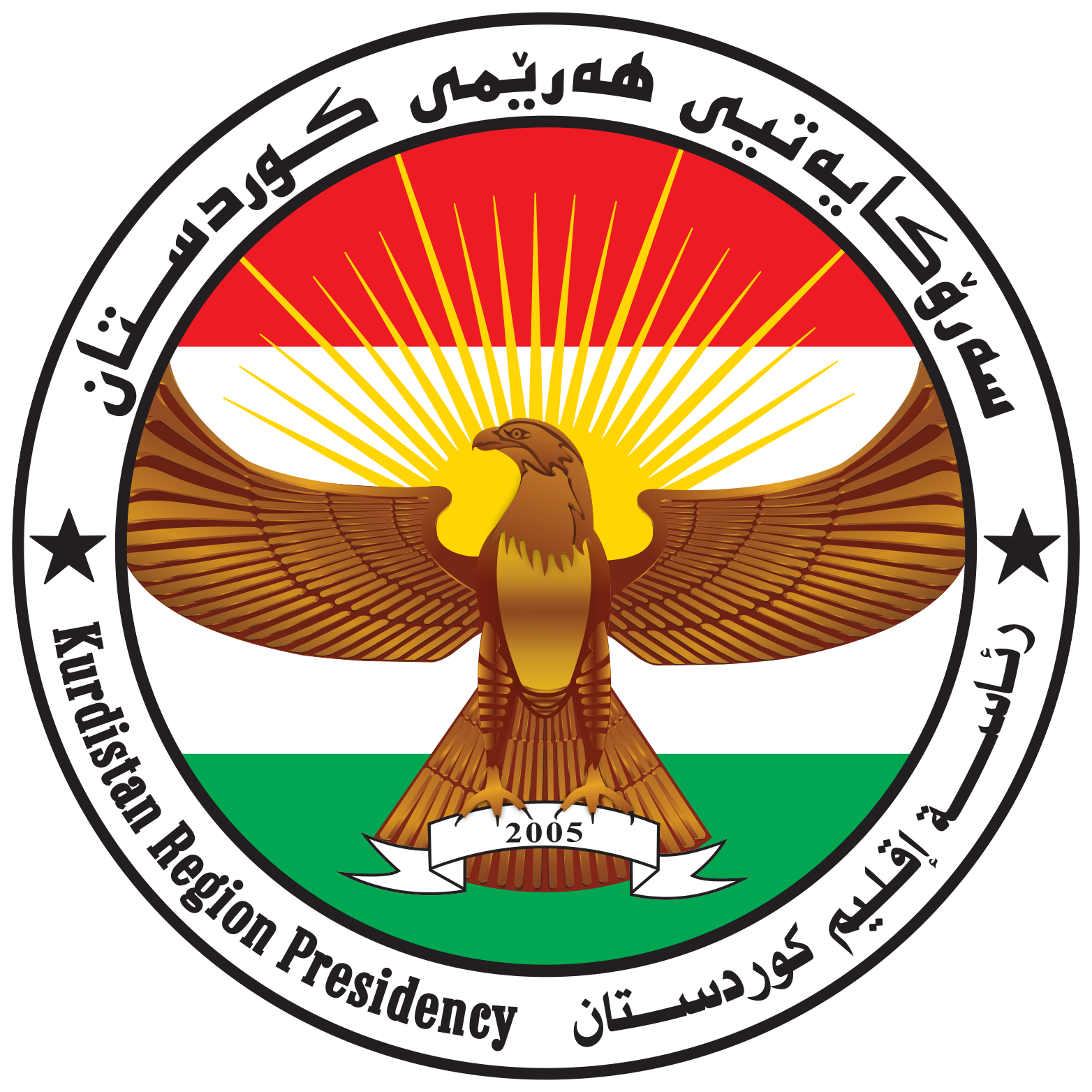
2024-03-16T05:58:43.000000Z
Erbil, Kurdistan Region, March 16, 2024
On the 36th anniversary of the chemical attack on Halabja, we honor the memory of over 5,000 innocent souls who lost their lives in this heinous crime, while we also pay our respects to all the victims and fallen heroes of Kurdistan. As we bow our heads in their memory, our thoughts and prayers are with their families and the survivors who continue to suffer chronic, debilitating illnesses resulting from this crime.
The chemical assault in Halabja was merely one instance in a sequence of brutal acts committed against the oppressed people of Kurdistan, who have endured the atrocities of genocide, the ruthless Anfal operations, and past massacres. Their crime was to demand their legitimate rights and to seek a life of freedom and dignity in their own homeland. If justice had prevailed, the Halabja genocide would have been sufficient grounds to recognise the legitimate rights of the people of Kurdistan.
On this commemoration, we underscore the need to make comprehensive reparations to Halabjans and to the city, as well as to all the victims of the genocide, the Anfal campaigns, and the numerous crimes committed by the former Iraqi regime in the Kurdistan Region. They must be given the best possible assistance and services in all areas. The Iraqi government must fulfill its obligations and ensure justice for the victims. And internationally, every endeavour must be undertaken to ensure that such crimes and massacres never happen again.
The great sacrifices of so many and the resilience of the people from all our diverse communities paved the way for Kurdistan Region’s hard-won achievements and for the Region’s political and constitutional federal status. It is the solemn duty of each and every one of us to safeguard these achievements with a spirit of unity, to remember the victims and their loved-ones and the enormous sacrifices made by so many. In doing so, together we can head towards a brighter, more tranquil, and secure future.
Nechirvan Barzani
President of the Kurdistan Region
On the 36th anniversary of the chemical attack on Halabja, we honor the memory of over 5,000 innocent souls who lost their lives in this heinous crime, while we also pay our respects to all the victims and fallen heroes of Kurdistan. As we bow our heads in their memory, our thoughts and prayers are with their families and the survivors who continue to suffer chronic, debilitating illnesses resulting from this crime.
The chemical assault in Halabja was merely one instance in a sequence of brutal acts committed against the oppressed people of Kurdistan, who have endured the atrocities of genocide, the ruthless Anfal operations, and past massacres. Their crime was to demand their legitimate rights and to seek a life of freedom and dignity in their own homeland. If justice had prevailed, the Halabja genocide would have been sufficient grounds to recognise the legitimate rights of the people of Kurdistan.
On this commemoration, we underscore the need to make comprehensive reparations to Halabjans and to the city, as well as to all the victims of the genocide, the Anfal campaigns, and the numerous crimes committed by the former Iraqi regime in the Kurdistan Region. They must be given the best possible assistance and services in all areas. The Iraqi government must fulfill its obligations and ensure justice for the victims. And internationally, every endeavour must be undertaken to ensure that such crimes and massacres never happen again.
The great sacrifices of so many and the resilience of the people from all our diverse communities paved the way for Kurdistan Region’s hard-won achievements and for the Region’s political and constitutional federal status. It is the solemn duty of each and every one of us to safeguard these achievements with a spirit of unity, to remember the victims and their loved-ones and the enormous sacrifices made by so many. In doing so, together we can head towards a brighter, more tranquil, and secure future.
Nechirvan Barzani
President of the Kurdistan Region







 پەرلەمانی کوردستان
پەرلەمانی کوردستان
